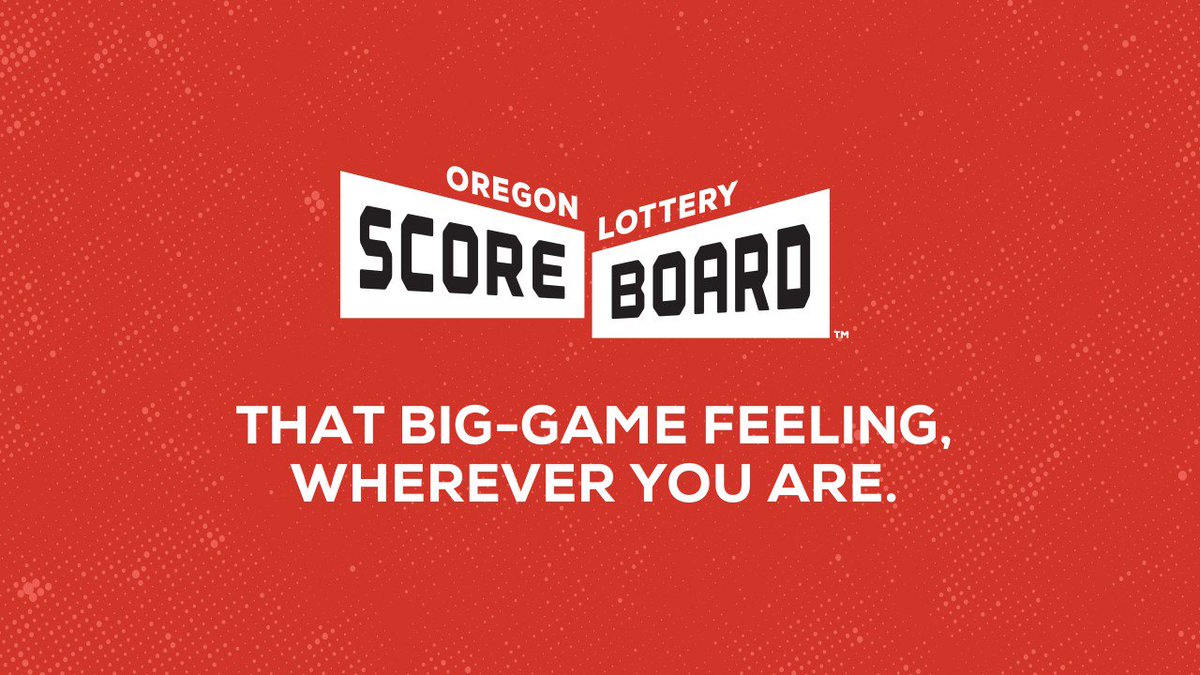The Oregon Lottery launched a new sports betting app in October 2019 in hopes of capitalizing on one of the fastest-growing industries in the United States. Other states had to work hard to legalize sports betting through new laws or constitutional amendments, but Oregon already had a law in place.
The new app, Scoreboard, was going to transform the way that Oregon sports bettors placed bets on sports, and was going to create a ton of new revenue for the state of Oregon.
It’s been over six months since the sports betting app was launched, and the state is not seeing the amount of money that was projected. The main reason is that a deal between the Oregon Lottery and SBTech has not worked out the way that lawmakers had intended.
The state of Oregon has lost close to $2 million since launching its sports betting app in October 2019. The state has been forced to pay SBTech and other vendors close to $3 million during that time.
Oregon lawmakers thought that they were getting a cheap deal with SBTech at the time that the Oregon Lottery chose the company as a third-party supplier. The initial agreement was that SBTech would receive between nine and 11 percent of the net revenue during the first three years, and then 12 percent every year after that.
A recent court order revealed the actual agreement between the two sides, and SBTech is earning a much larger stake of the overall revenue. There is a section of the contract that outlines Managed Service Fees, and that is how SBTech is receiving the additional payments.
Under this agreement, SBTech is receiving an additional 16 percent of the revenue from sports betting. In three years, SBTech will receive 17 percent of the revenue. The Oregon State lottery is also required to pay other expenses that are not explicitly laid out in the contract.
Changes Might Need to be Made By State Lawmakers
If Oregon is going to start making the kind of money that they had hoped to off of sports betting, then they might need to rethink their plan entirely. Giving SBTech complete control over the industry is the biggest mistake that Oregon has made, but that’s a problem that they likely won’t be able to change in the coming years.
Another problem is having the state lottery as part of the sports betting industry. Several states across the United States has also used their state lottery to operate the new industry, and they have brought in a significantly less amount of money than other states.
SBTech was chosen to be the third-party operator by the lottery in Oregon, and they have not been able to implement a system that is fair to both sides.
Another huge problem is the available betting markets that are allowed by the sports betting law in Oregon. The law strictly prohibits betting on collegiate athletics, and that significantly lowers the number of sports to bet on.
State lawmakers could create an amendment to their current law to offer betting on college sports, but that would also take some time.
SBTech currently has a monopoly on the sports betting industry in Oregon, and it’s not likely that they are going to change their practices.
Without a competitor on the market, SBTech does not need to offer bonuses or promotions to attract new customers, and that has slowed down the progress or sports betting. Oregon was hoping that sports betting would bring in a ton of new revenue, but some questionable decisions have kept that from happening.




